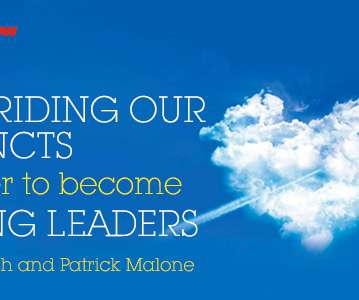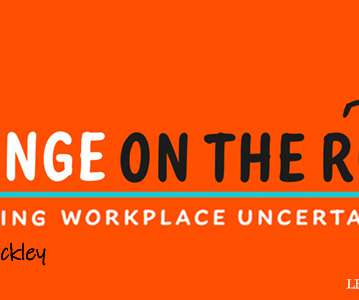What I Wish I Knew When I Started My Career (Part Two)
Lead Change Blog
DECEMBER 21, 2016
In yesterday’s post , I shared eight things I know now, that I wish I had known when I had started my career. Being agile and ready to bend and adapt to changing circumstances is an absolutely vital skill set to develop if you want to have a career that’s as frustration free as possible. But not over the long run.










































Let's personalize your content